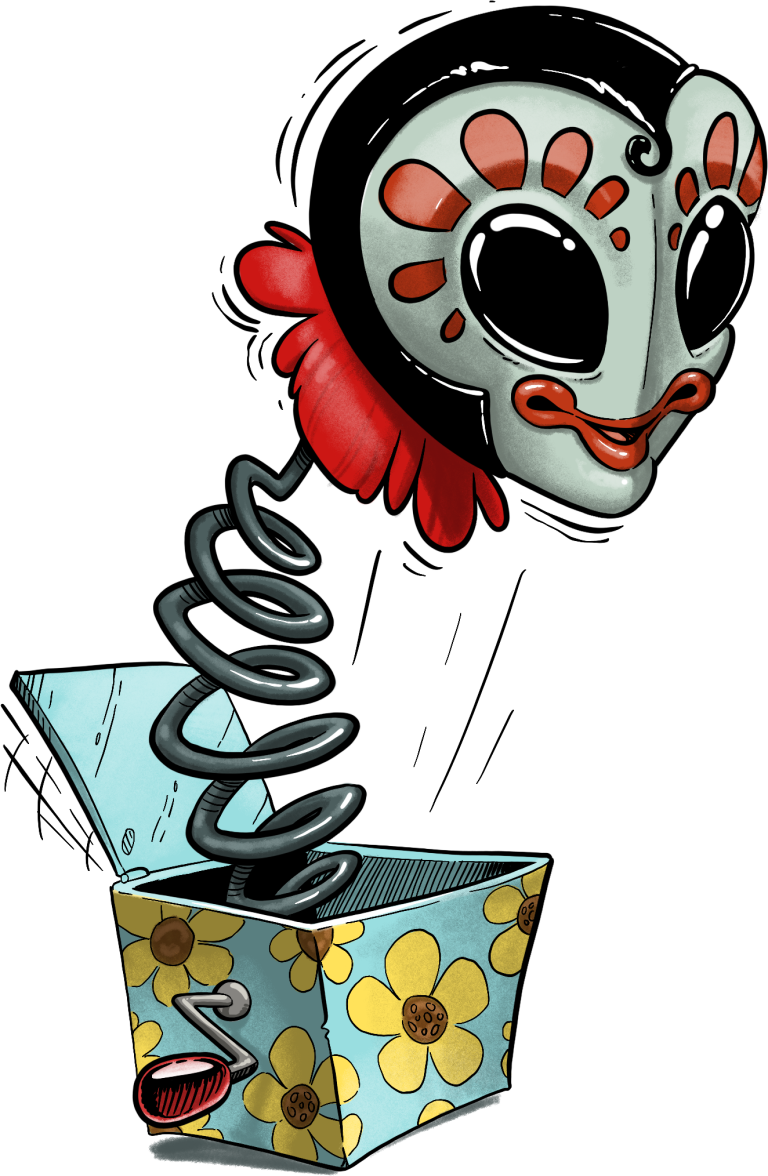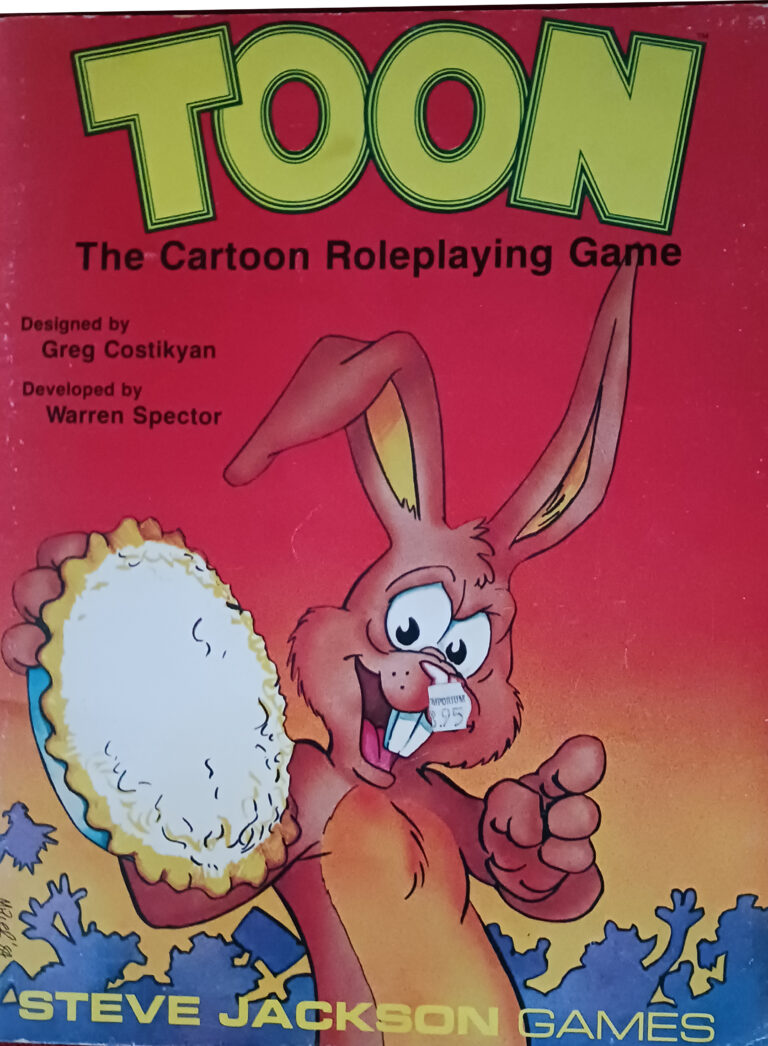Dice as Storytellers
Quote from Jason Campbell on June 24, 2024, 1:01 amBy Jason Campbell
For some TTRPG groups it’s a problem when a die roll yields an improbable result. If you’re playing games set in a fantastic setting like magical fantasy or science fiction you can lean into these results if you ask, “how could that be?” or “why would that happen?” The story created in a TTRPG isn’t written by any one person, but a combination of the referee, the players and the dice. That means that sometimes the dice will take the lead and create an interesting story thread.
My Dwarf Friend
In my 5e game the PCs were exploring an underground dungeon complex when a player of a Leonin character (lion-folk) asked if they could tell anything about the stonework. The PC has no prior experience with stonework, so I thought that it would be nearly impossible for the character to get any information, but I let the player roll, and sure enough they rolled a natural 20. Instead of dismissing it, I thought about how that was possible. I gave the player some information, saying that they had some experience with stone work previously that their allies didn’t know about. Later out of game I had a discussion with the player about adding to their backstory. I suggested that in their tribe the PC has a best friend who was a dwarf and had told him a lot of stories about dwarven heritage. The campaign is now about 2 years past that point and the PC’s friendship with that dwarf (who later became a clan chieftain) became a large part of the latter part of the campaign’s story. This all began with a single die roll.
Boo! I’m a Spider!
The PCs were interrogating a captured assassin in a prison. On PC, a druid, attempted to intimidate the prisoner by using their wildshape ability to transform into a giant spider. The druid certainly had an edge in the situation, so I gave them advantage, but the player rolled two natural 1s on their intimidation roll. How was that possible? I decided that this assassin had no fear of spiders at all. They grew up in a cave settlement where spiders were prevalent and posed no danger. It gave us a story for this NPC that previously had little backstory.
Conclusion
Inevitably you’ll eventually run into a situation where the results of a die roll are in direct conflict with the current story. But it can be fun to try to use unexpected results in a story. Weaving these strange results can add spark to our stories by introducing creative elements that we would not have thought of on our own.
What do you think? Let us know in the comments below!
By Jason Campbell
For some TTRPG groups it’s a problem when a die roll yields an improbable result. If you’re playing games set in a fantastic setting like magical fantasy or science fiction you can lean into these results if you ask, “how could that be?” or “why would that happen?” The story created in a TTRPG isn’t written by any one person, but a combination of the referee, the players and the dice. That means that sometimes the dice will take the lead and create an interesting story thread.
My Dwarf Friend
In my 5e game the PCs were exploring an underground dungeon complex when a player of a Leonin character (lion-folk) asked if they could tell anything about the stonework. The PC has no prior experience with stonework, so I thought that it would be nearly impossible for the character to get any information, but I let the player roll, and sure enough they rolled a natural 20. Instead of dismissing it, I thought about how that was possible. I gave the player some information, saying that they had some experience with stone work previously that their allies didn’t know about. Later out of game I had a discussion with the player about adding to their backstory. I suggested that in their tribe the PC has a best friend who was a dwarf and had told him a lot of stories about dwarven heritage. The campaign is now about 2 years past that point and the PC’s friendship with that dwarf (who later became a clan chieftain) became a large part of the latter part of the campaign’s story. This all began with a single die roll.
Boo! I’m a Spider!
The PCs were interrogating a captured assassin in a prison. On PC, a druid, attempted to intimidate the prisoner by using their wildshape ability to transform into a giant spider. The druid certainly had an edge in the situation, so I gave them advantage, but the player rolled two natural 1s on their intimidation roll. How was that possible? I decided that this assassin had no fear of spiders at all. They grew up in a cave settlement where spiders were prevalent and posed no danger. It gave us a story for this NPC that previously had little backstory.
Conclusion
Inevitably you’ll eventually run into a situation where the results of a die roll are in direct conflict with the current story. But it can be fun to try to use unexpected results in a story. Weaving these strange results can add spark to our stories by introducing creative elements that we would not have thought of on our own.
What do you think? Let us know in the comments below!




